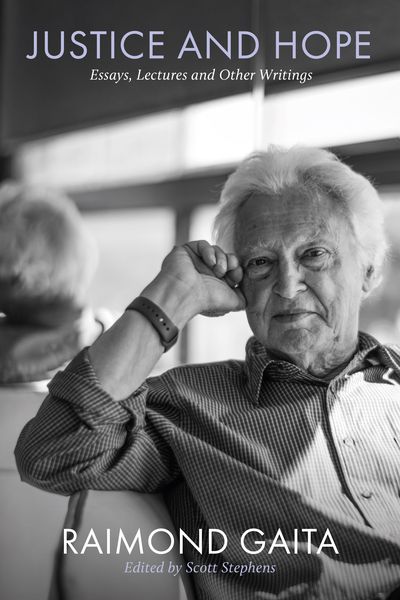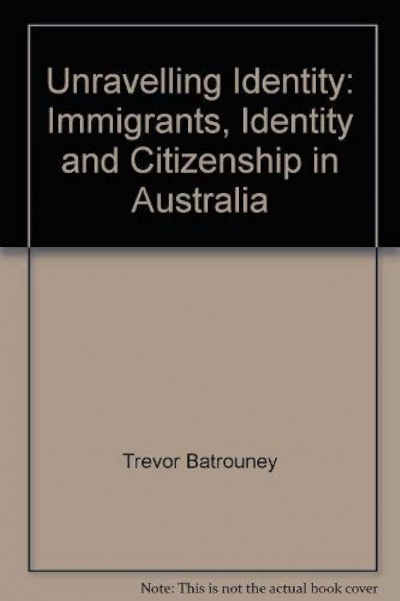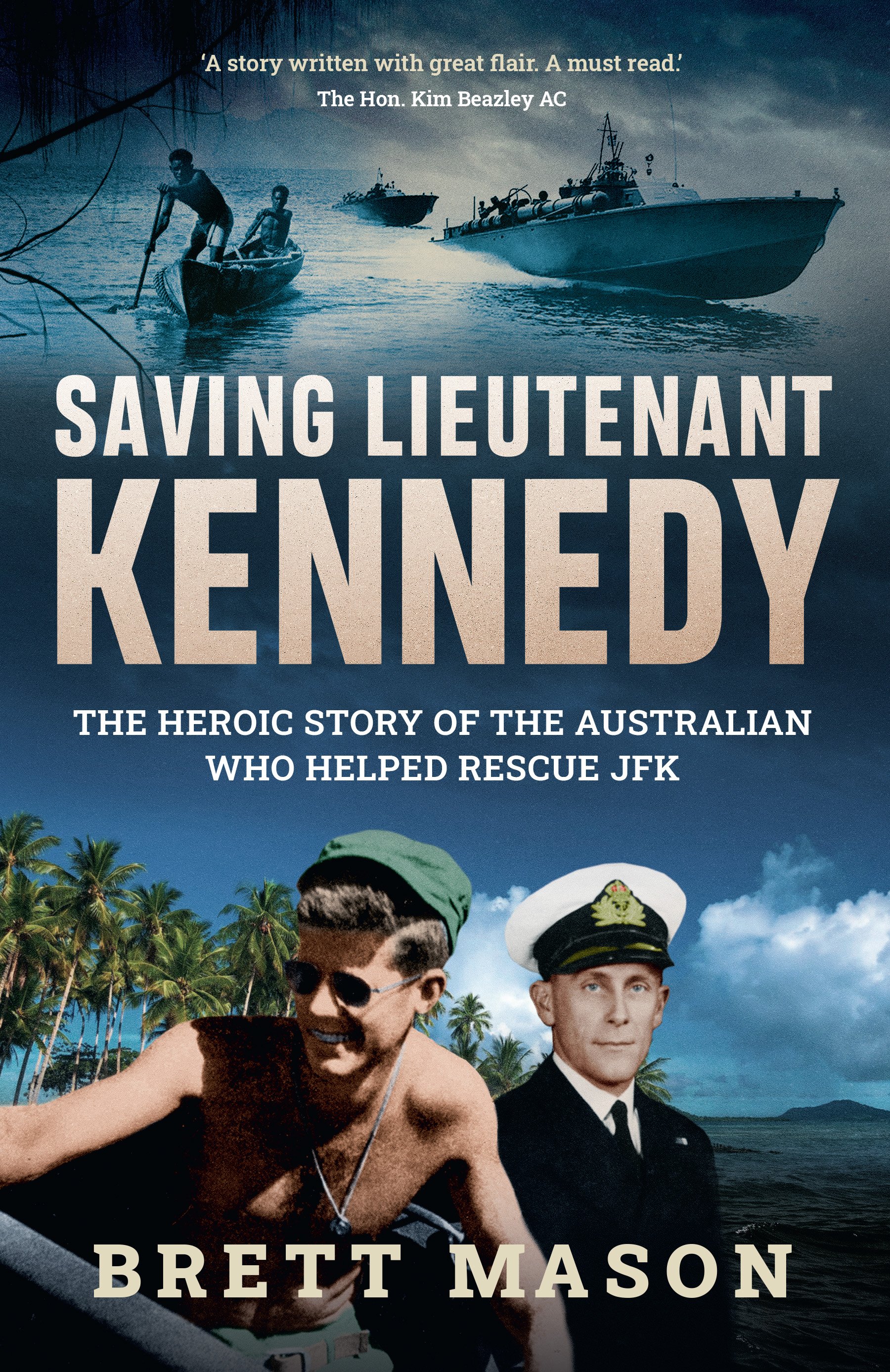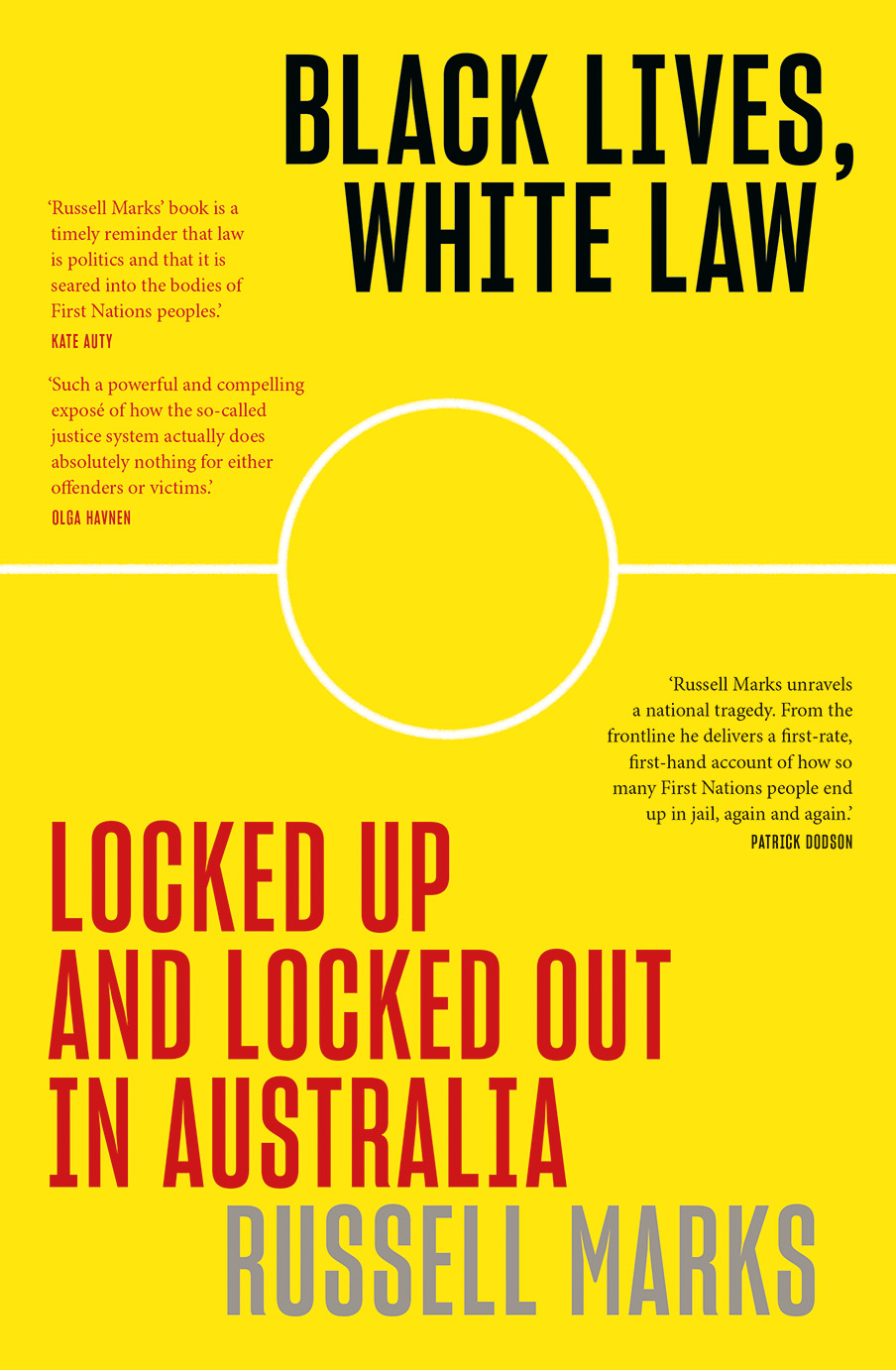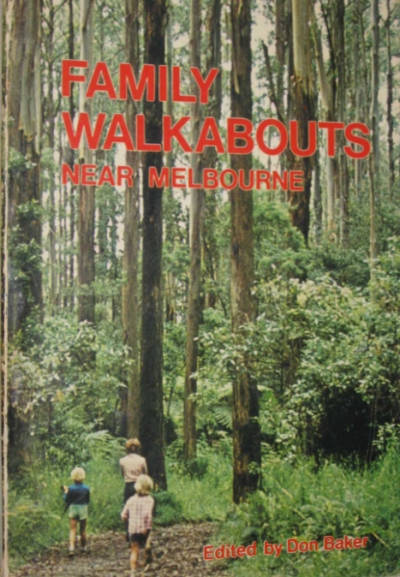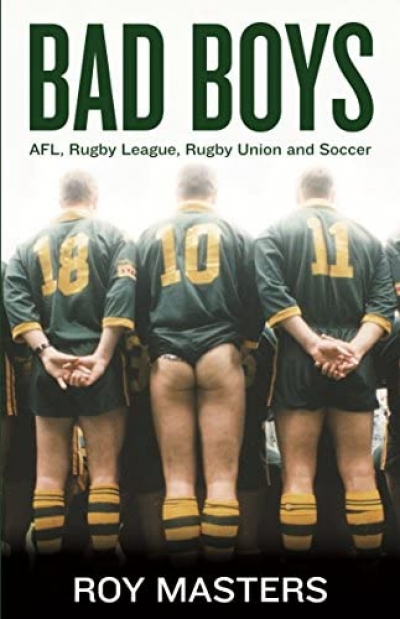Non Fiction
Bennelong & Phillip: A history unravelled by Kate Fullagar
The story of the extended encounter between Eora Aboriginal man Bennelong and Arthur Phillip, first governor of the British colony at Sydney, has often been told as both emblematic and predictive of the history of British possession of Australia, and of Aboriginal dispossession. Historians such as Grace Karskens and Keith Vincent Smith have peeled back the layers of this narrative to find ways of telling more complex, contextualised, and open-ended stories. Fullagar reaches a new stage in this journey, and the journey of Australian history more generally. She offers a fresh perspective on Bennelong and Phillip, on the nature of their exchange and the broader currents in which they swam.
... (read more)Justice and Hope: Essays, lectures and other writings by Raimond Gaita
For a man many would regard as the very epitome of the type, Raimond Gaita seems rather hostile to the concept of the intellectual. It is ‘irredeemably mediocre’, he explains, inferior to the kinds of moral and political responsibility that attach to teacher or politician. Intellectuals are active in the public domain, grappling with ideas, culture, and politics, but they have often lacked independence of mind, he says, ‘because they never had it or because they sacrificed it to the cause’.
... (read more)Sean Turnell is an Australian economist who was detained by Myanmar’s military regime from February 2021 until November 2022. An Unlikely Prisoner, his account of the ordeal, has quite a personal tone as he relates his struggle with unjust imprisonment by a regime whose hallmark was ‘a mix of the needlessly brutal, the petty, and the incompetent’. This personal story is also mixed with politics, for Turnell has an insider’s view of Myanmar’s ongoing struggle for freedom, one of the great dramas of modern Asian history.
... (read more)The Nature of Honour: Son, duty-bound soldier, military lawyer, truth-teller, father by David McBride
Sometimes, for the faithful, it doesn’t do to look too closely into the life of your chosen idol. Saul of Tarsus had been an enthusiastic persecutor of Christians before his spiritual detour en route to Damascus. St Camillus de Lellis, patron saint of nurses and the sick, to whom we owe the symbol of the red cross, spent his early life as a con man, a mercenary, and a compulsive gambler – little wonder he went far in the Church. Where our secular martyrs are concerned, matters become still murkier. Mahatma Gandhi tested his chastity by sleeping naked with nubile young women and girls – one of whom was his grand-niece. And as for Julian Assange ...
... (read more)Peter Mares reviews 'Unravelling Identity: Immigrants, identity and citizenship in Australia' by Trevor Batrouney and John Goldlust, and 'Borderwork in multicultural Australia' by Bob Hodge and John O'Carroll
I witnessed Australia’s inglorious exit from the World Cup in a packed Balmain Rugby Leagues club. Many in the crowd were sporting green and gold, and when it came time for the pre-match national anthem, the crowd rose almost as one to join in a well-oiled and full-throated rendition of Advance Australia Fair. I was glad that my ...
Saving Lieutenant Kennedy: The heroic story of the Australian who helped rescue JFK by Brett Mason
In August 1943, John F. Kennedy, then aged twenty-six, was rescued from the threat of Japanese captivity – or worse – by a few brave Solomon Islanders, in an operation coordinated by the Australian naval officer Reg Evans. Evans was one of the Royal Australian Navy’s ‘Coastwatchers’, intelligence collectors based perilously behind Japanese lines.
... (read more)Black Lives, White Law: Locked up and locked out in Australia by Russell Marks
Publishing non-fiction books for young adults and children demands creativity, invention and a dash of bloody-mindedness. Our relatively small population means that non-fiction books must make their way in an ever-tightening market. Big-budget ‘wow factor’ titles like the design-heavy Pick Me Up (Dorling Kindersley) and the best-selling The Dangerous Book for Boys (Conn and Hal Iggulden) are largely beyond the scope of the domestic market. Both have been international hits. Without the audience base to launch such books, Australian writers and publishers must work to a tight brief, navigating between the relatively small market and the diminishing school library budget. To succeed, these books need to work outside the school context as well as within.
... (read more)Norm, the major television star of the Life Be In It campaign has encouraged us to seriously consider walking in order to enjoy the landscape around us more often than we generally do. This book sets out to encourage families to try this at some twenty bush, coastal and historic locations in and around Melbourne.
... (read more)Bad Boys: AFL, Rugby League, Rugby Union and Soccer by Roy Masters
Coaches and journalists are the high priests of sport. The former determine the liturgy; the latter explain, comment on, and provide judgments and recommendations for reform to the great unwashed. Roy Masters has performed both roles. He coached the rugby league clubs Western Suburbs (1978–81) and St George (1982–87) and has for two decades been a font of insight, mainly on rugby league, for readers of the Sydney Morning Herald. His journalism has combined intelligence, larrikinism and an eye for the absurd.
... (read more)

